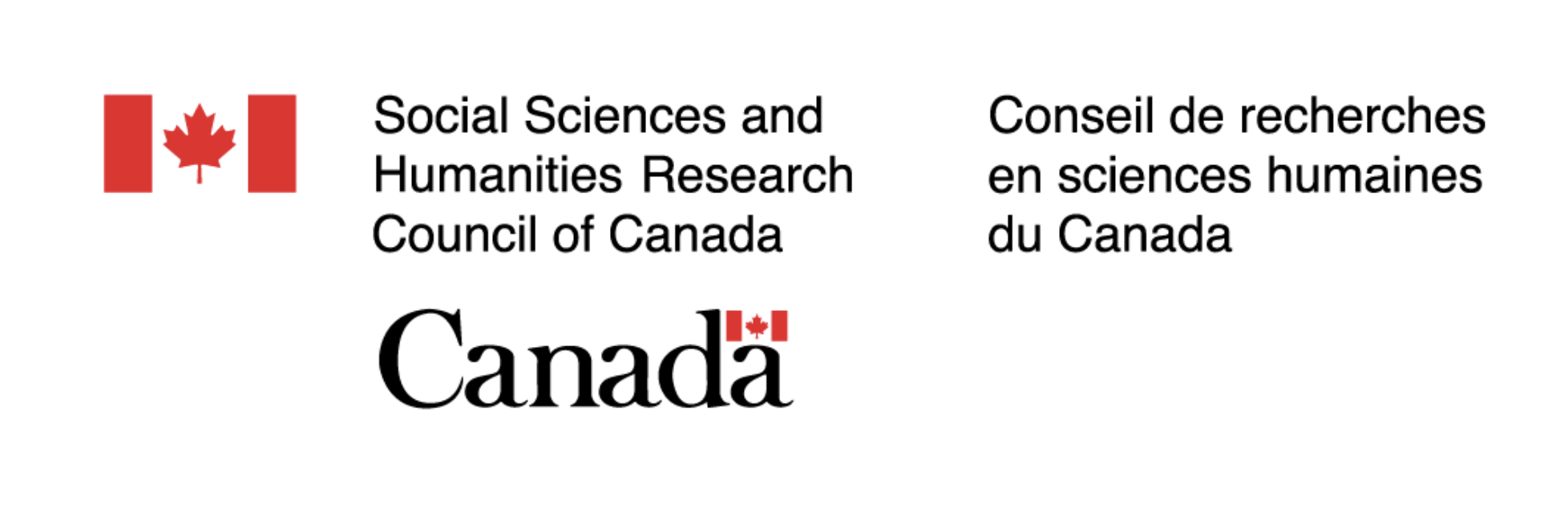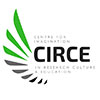We are thrilled to bring together world-renowned experts in imagination, leadership, and social and eco-justice. We invite these leaders to share space and dialogue on some of the leadership challenges we are currently facing and how we might engage tools of imagination to address these challenges and work toward social and ecological justice.
Leave us your contact information to join our growing network of leaders and to stay informed about future events.

Our Research Team
Project lead Gillian Judson is an Assistant Professor in the Faculty of Education at Simon Fraser University (SFU). At the SFU Surrey campus she gratefully works and learns on unceded Indigenous traditional territories, including those of the Semiahmoo, Katzie, kʷikʷəƛ̓əm (Kwikwetlem), Kwantlen, Qayqayt and Tsawwassen Nations. She teaches in Educational Leadership and Curriculum and Instruction programs. Dr. Judson’s scholarship examines imagination’s role in leadership, learning (PreK-post-secondary), and imaginative and ecological teaching practices (PreK through post- secondary). Her latest books are entitled Cultivating Imagination in Leadership: Transforming Schools and Communities (Judson & Dougherty, Eds., Teachers College Press, 2023), Imagination and the Engaged Learner: Cognitive Tools for the Classroom (Egan & Judson, Teachers College Press, 2016), Engaging Imagination in Ecological Education: Practical Strategies for Teaching (Pacific Educational Press, 2015), and A Walking Curriculum (2018/2019).
Project co-lead Meaghan Dougherty is faculty at Douglas College in the Department of Child and Youth Care. Meaghan is grateful to live on and learn from the traditional, shared, and unceded territories of the šxʷməθkʷəy̓əmaɁɬ təməxʷ (Musqueam), Skwxwú7mesh-ulh Temíx̱w (Squamish), səl̓ilwətaɁɬ təməxʷ (Tsleil-Waututh),S’ólh Téméxw (Stó:lō), Cayuse, Umatilla, and Walla Walla people. She has a responsibility to the generations before and after her and with that in mind, she tries to walk lightly on the land and do good work. Meaghan’s research interests include imagination and educational leadership, the complex relationship between education and the labour market, relational practice and teaching and learning encounters, and using relational and performative ontologies and methodologies that explore more-than-human entanglements. Most recent projects include: The Need to Get Somewhere Fast: A Critical Examination of the Transition from Post-secondary Education to Work (DIO Press, 2022) and co-editing Cultivating Imagination in Leadership: Transforming Schools and Communities (Teachers’ College Press, 2023) with Gillian Judson. Current work includes exploring imagination as a tool in promoting equity and justice in leadership education.
Stephen Hurley has been working in Canada’s education space for 40 years, serving as a classroom teacher, curriculum consultant and teacher educator. Stephen is passionate about supporting and nurturing new conversations about education across the country. He is the chief catalyst behind voicEd Radio—a 24/7 radio station dedicated to deepening the way we talk about education in Canada.
Sarah Anderson serves as research assistant on this project. Currently a doctoral student in the Educational Theory and Practice program at Simon Fraser University, Sarah is an educator and author specializing in place-based education and curriculum design. Previously a middle school teacher, Sarah most recently served as the Place-Based Education Coordinator at the Cottonwood School in Portland, Oregon. She is the author of the book Bringing School to Life: Place-based Education across the Curriculum (Rowman and Littlefield, 2017) and has written for Learning for Justice, Education Week, Educational Leadership. Sarah lives and works in the traditional territories of the Multnomah, Wasco, Cowlitz, Kathlemet, Clackamas, Bands of Chinook, Tualatin Kalapuya, Molalla, and many other tribes who have made their homes along the Columbia and Willamette rivers since Time Immemorial.

Our Leaders
Sean Blenkinsop is a professor in the faculty of education at Simon Fraser University. Current research explores teacher education and imagination, school and cultural change, nature as co-teacher, and eco-social justice. Sean has long been involved in creating and researching innovative public eco-elementary schools. Most recent books are: Wild Pedagogies: Touchstones for Re-Negotiating Education and the Environment in the Anthropocene (Palgrave-McMillan, 2018); Ecoportraiture: The Art of Research when Nature Matters (Peter Lang, 2022); and Education as Practice of Eco-social-cultural Change (Palgrave-McMillan, 2023). Current projects include: a book called Ecologizing Education (Cornell University Press, March 2024) which gathers learnings from these schools.
John Seely Brown received a BA from Brown University (1962) in mathematics and physics and a PhD from University of Michigan (1970) in computer and communication sciences. He has spent his career exploring the whitespace between disciplines and building bridges between disparate organizations and ideas. His research interests include new approaches to learning, digital youth culture, digital media, and the application of technology to accelerate deep learning within and across organizational boundaries. He has published nine books and over 100 papers in scientific journals. He co-authored The New Culture of Learning: Cultivating the Imagination for a World of Constant Change (2011) with Dr. Doug Thomas. In 2018 he co-authored the book Design Unbound: Designing Emergence in a White Water World (MIT Press, 2018) with Ann Pendleton-Jullian in which they describe a model of Pragmatic Imagination. John has been awarded eleven honorary doctorate degrees from three countries.
Michael Dé Danann Datura is the principal of Cortes Island School—situated on the ancestral territories of the toq qaymɩxʷ (Klahoose), ɬəʔamɛn qaymɩxʷ (Tla’amin), and ʔop qaymɩxʷ (Homalco) Nations. He also moonlights as an independent scholar, an ecological hip-hop artist, and occasionally a poet. He is a member of the academic council for The Centre for Imagination in Research, Culture and Education (CIRCE) at Simon Fraser University. He published his first book: Place, Being, Resonance (Peter Lang, 2015); and co-edited a collaborative project called Wild Pedagogies (Palgrave-McMillan, 2018). His research draws primarily on lyric philosophy and the hermeneutic tradition to examine place-based education in the context of settler colonialism and the sixth extinction. He also likes long walks in the forest.
Lori Driussi is an educator and life-long learner. She has held a variety of roles in public schools including: classroom teacher, learning support teacher, head teacher and Principal. In 2010 she opened University Highlands Elementary in Burnaby, BC, Canada – a Learning in Depth School (https://circe-sfu.ca). As a District Literacy Consultant K-12, she provided district direction and staff development for teachers and administrators and as Professional Learning Liaison, she collaborated with school-based leaders and the Board of Education to revision school growth plans. Lori is currently an independent education consultant and Faculty Associate at Simon Fraser University.
Victor Elderton has been an educator with a passionate and purposeful career focused on place-conscious and nature-based experiential learning for over 40 years. Through his journey he has held leadership positions as the principal Co-administer at NV Outdoor School (aka. Cheakamus Centre), founding member of Environmental Educators of BC which led to C2C and founding director of the capacity building charitable not-for-profit Pacific Foundation for Understanding Nature Society (PacFUNS). He is also honoured to be a PICS Fellow working on re-writing the BC Education – Environmental Learning & Experience document and member of the Wild Pedagogies research consortium. At present as a sessional instructor and mentor of pre-service and graduate teacher-students Victor’s efforts are under the umbrella of SFU and UBC. As a PhD student at SFU, his research focuses on how place and nature-based experiential education informs our learning and fundamental understandings, as well as how that learning helps form the people we become.
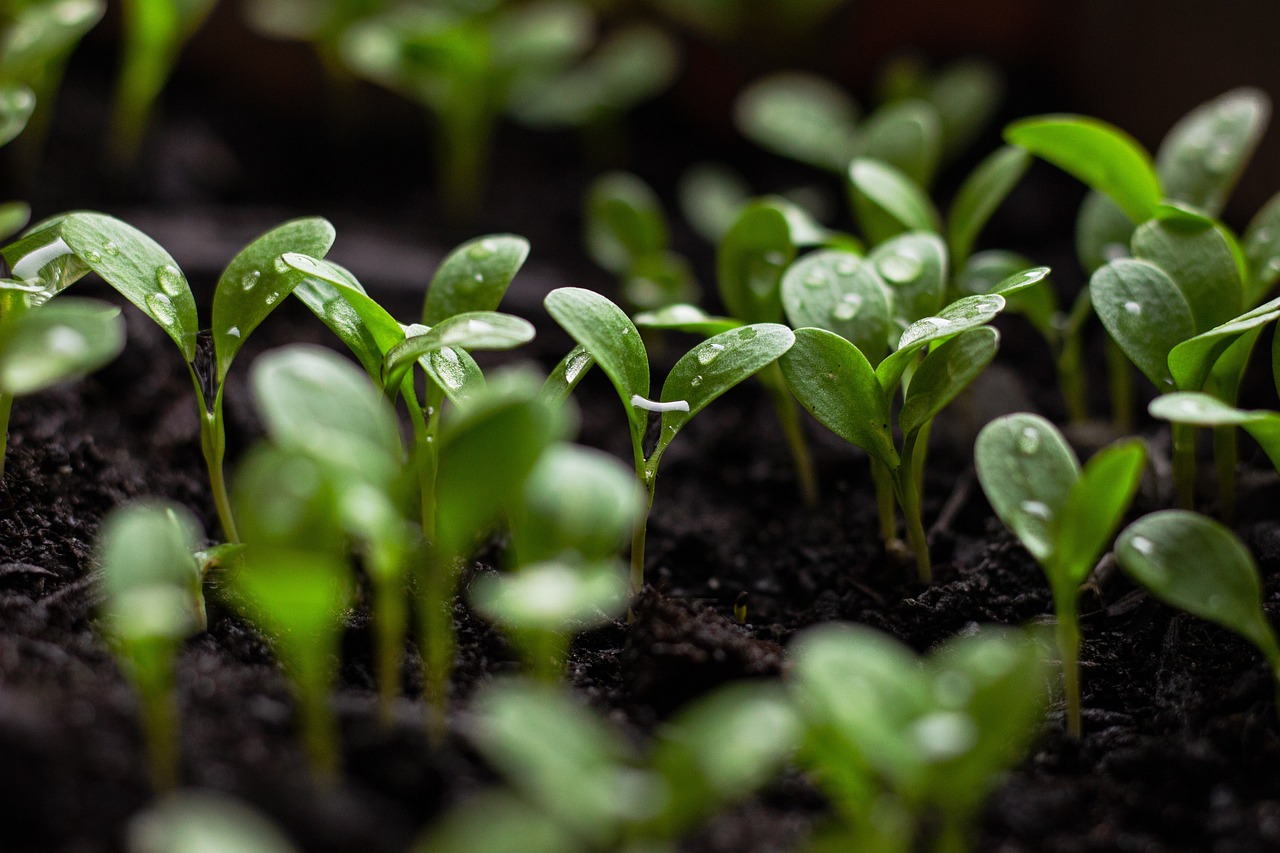
Mark Fettes is an Associate Professor in the Faculty of Education, Simon Fraser University, Canada. His research focuses on the dynamic interplay, or ecology, of imagination, language, land and community, and what this implies for how we learn, teach, organize and create together. Particular interests include the revitalization of Indigenous languages, the intellectual history and culture of the worldwide Esperanto community, the role of language policy and planning in sustainable development, the theory and practice of imaginative and place-based education, and the research methodology of ecoportraiture. He has led or co-led a number of multi-year community-based research projects with schools and school districts in British Columbia. He has also published an Esperanto translation of Rainer Maria Rilke’s masterwork The Sonnets to Orpheus. Currently he is the Scientific Director of the Centre for Imagination in Research, Culture and Education at Simon Fraser University.
Sandeep Kaur Glover’s earliest recollections of learning take place in a garden alongside her Babaji (grandfather) who indelibly shaped her reverence for the land by encouraging her to connect with its vitality through her own sensing soles and fingertips. Decades later, now as a doctoral candidate in Arts Education at SFU, Sandeep returns to these ancestral teachings that foreground bodily knowledge. Through embodied ways of inquiring, Sandeep’s transdisciplinary research interweaves arts-based approaches, decolonizing perspectives, Sikh-Punjabi onto-epistemologies, and trauma-informed literature to reimagine pedagogical pathways for healing, wholeness, and social justice activism in education, research, and community-based engagement. An educator since 2001, Sandeep has been enriched by pedagogical experiences in various contexts including international education, the B.C. K-12 school system, and in the Faculty of Education at Simon Fraser University where she has had the gift of working with faculty and graduate students.
Andy Hargreaves is Visiting Professor at the University of Ottawa and Research Professor at Boston College. He is a member of the US National Academy of Education, former President of the International Congress of School Effectiveness and Improvement, former Adviser to the Premier of Ontario, and adviser to the First Minister of Scotland. Andy has published 35 books and has 8 Outstanding Writing Awards. He has been honoured in Canada, the US, and UK for services to public education and educational research. His most recent books are Leadership from the Middle (Routledge, 2023) and The Age of Identity (Hargreaves & Shirley, Corwin, 2024).
Yi Chien Jade Ho (she/they) is a post-doctoral fellow at the School of Public Health and Social Policy at University of Victoria. Jade earned her PhD in education at Simon Fraser University. Her doctoral work, entitled Radical Pedagogy of Place: A Decolonial Feminist Narrative Exploration of Returning, Organizing and Resisting, centers on developing a radical pedagogy of place through the lens of decolonization in cross-cultural contexts and the connection between place, land and identity in marginalized communities in Taiwan and in Vancouver. Jade is also labour organizer and a housing justice organizer working with the Vancouver Tenants Union primarily in Vancouver’s Chinatown to fight against gentrification and anti-Asian racism.
Rob Hopkins is the co-founder of Transition Network and of Transition Town Totnes, and author of several books including The Transition Handbook (Chelsea Green, 2008) and most recently, From What Is to What If: Unleashing the Power of Imagination to Create the Future we Want (Chelsea Green, 2020). He is an Ashoka Fellow, has spoken at TED Global and at several TEDx events, and appeared in the French film phenomenon ‘Demain‘. He holds a PhD from the University of Plymouth as well as 2 Honoris Causas, and is a Director of Totnes Community Development Society. He hosts the podcast ‘From What If to What Next‘. In November 2022 he was made an Honorary Citizen of Liège in Belgium by the Mayor of the city. His website is robhopkins.net.
Jacqueline Lawrence is an equity strategist by day and a poet at night. She is the current Equity Advisor for the Ottawa-Carleton District School Board. Her priorities include strategizing with system leaders to identify and address systemic barriers to foster a discrimination free, accessible, equitable and inclusive learning and working spaces. As a published author, her work has been featured in the following anthologies:Jubilation! Poems Celebrating 50 Years of Jamaican Independence (Peepal Press, 2012) the international bestseller Pebbles in the Pond (Wave 3), Transforming the World One Person at a Time (Transformation Press, 2012), Resilience and Triumph: Immigrant Women Tell Their Stories (Second Story Press, 2015) and Light A Fire In Their Hearts: The Truth About Leadership (Morgan James Publishing, 2020). She is also a facilitator with the International Black Summit and a co-host and producer of Black on Black, a community public affairs programme aired every Saturday morning on CHUO 89.1 FM.
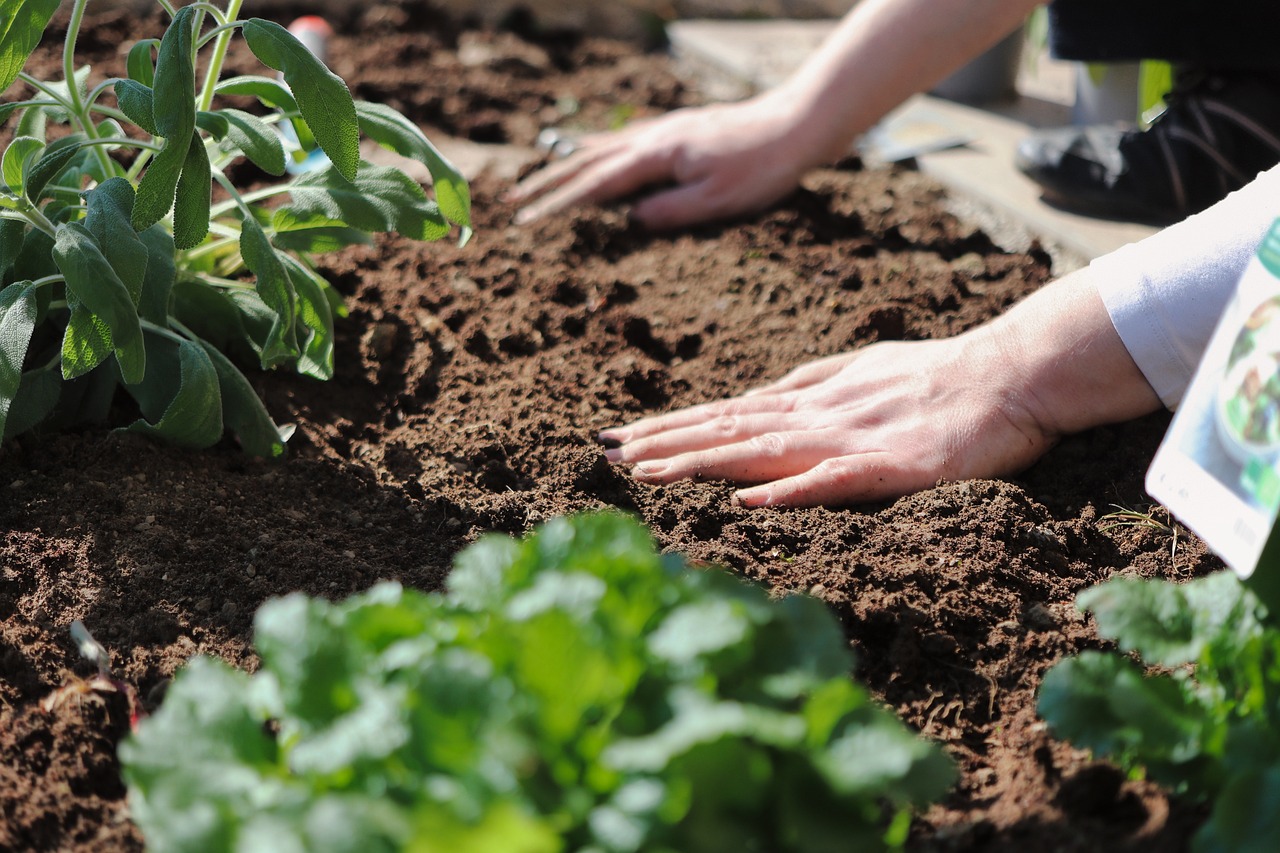
Moraima Machado, Ed.D. is currently a principal in the San Lorenzo Unified School District. She has served as an elementary principal for 17 years. Her leadership has focused on partnering with teachers, parents, and community members to re-imagine and re-create engaging and socially just learning environments for marginalized students. She is a leadership coach at U.C.Berkeley, Principal Leadership Institute (PLI). She immigrated to the USA in 1998 from Venezuela and received her doctorate in Educational Leadership at East Carolina University in 2021. Her dissertation research looked at storytelling as a tool for social justice leadership and was entitled: Family Stories Matter: Critical Pedagogy of Storytelling in Fifth-grade Classrooms.
Myra Quadros Meis completed her Ed.D from East Carolina University in the International Education Leadership program. Her research focuses on building brave spaces with school leaders working towards transformative social justice leadership. Myra began her professional career as a high school math teacher in San Francisco and Ecuador. Upon return to the bay area, she attended the Principal Leadership Institute at UC Berkeley and transitioned to an administrative position in San Francisco Unified. Myra has held the positions HS Assistant Principal, Elementary Principal, Director for College and Career Readiness and adjunct administrative leadership coach. In addition to her work in public schools, she is an adjunct university professor at San Francisco State and a doctoral coach with East Carolina University. Myra will be entering her 22nd year in education and has a deep belief in humanizing all voices through storytelling.
Ann M. Pendleton-Jullian is an architect, writer, and educator. She is a Fellow at Stanford University’s Center for Advanced Study in the Behavioral Sciences (CASBS), Professor and former Director at the Knowlton School of Architecture at Ohio State University, and Distinguished Visiting Professor of Design at Georgetown University and the Pardee RAND Graduate School of Public Policy. Previously, she was a Professor at MIT for fifteen years.
Vidya Shah is an educator, scholar and activist committed to equity and racial justice in the service of liberatory education. She is an Assistant Professor in the Faculty of Education at York University, and her research explores anti-racist and decolonial approaches to leadership in schools, communities, and school districts. She also explores educational barriers to the success and well-being of Black, Indigenous, and racialized students. Vidya teaches in the Master of Leadership and Community Engagement, as well as undergraduate and graduate level courses in education. She has worked in the Model Schools for Inner Cities Program in the Toronto District School Board (TDSB) and was an elementary classroom teacher in the TDSB. Vidya is committed to bridging the gaps between communities, classrooms, school districts and the academy, to re/imagine emancipatory possibilities for schooling. You can learn more about her work at https://www.yorku.ca/edu/unleading/.
Soraya Sablo Sutton is a continuing lecturer and the Program Director of the Principal Leadership Institute at UCLA Berkeley. She received her PhD from the University of California, Berkeley’s School of Education in the division of Language, Literacy, and Culture in 2003. A central focus of Soraya’s research is school leader retention and sustainability, instructional coaching, and literacy in urban schools. Prior to joining the PLI, Soraya worked in San Leandro Unified School District and Oakland Unified School District as a teacher, instructional coach, and elementary principal for over a decade. In Oakland Unified, she served on the design team for the Small Schools Initiative. In San Leandro Unified, Dr. Sablo Sutton led district-wide equity-focused professional learning for teachers and administrators. One aspect of her research looks at how engaging imagination in leadership education through arts-based pedagogies supports leadership for social justice.
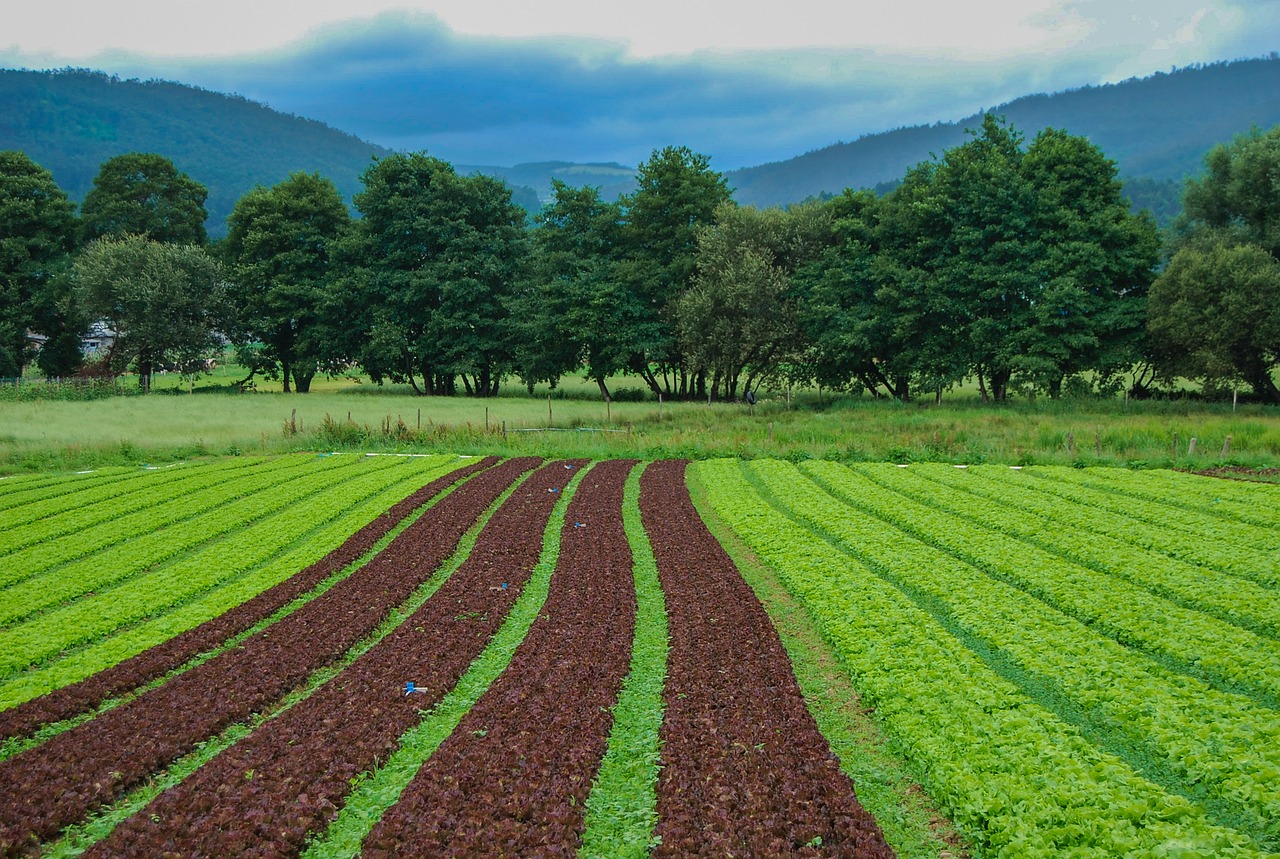
George Theoharis is a Professor of Educational Leadership and Inclusive Elementary Education in the School of Education. A former K12 principal and teacher; he served as Department Chair, Associate Dean, and Director of Field Relations at Syracuse. He focuses on issues of equity, justice, diversity, and inclusion. George works to bridge the worlds of K-12 and higher education. He writes for public audiences in: The School Administrator, The Washington Post, The Root, and The Syracuse Post-Standard as well in many books and scholarly articles. His most recent books include Five Practices for Equity Focused School Leadership (ASCD, 2021) and Leadership for Increasingly Diverse Schools (Routledge, 2020) and he has the 2nd edition of The School Leaders Our Children Deserve coming out in spring or 2024. His Ph.D. is in Educational Leadership and Policy Analysis from the University of Wisconsin–Madison. He has two awesome young adult children.
Christina Velasco holds an Ed.D. from East Carolina University, an M.A. in Education and an Administrative Credential from UC Berkeley, a B.A. in Sociology and Spanish from UC Irvine, and her Elementary Education Teaching Credential from San Francisco State University. She has taught as a Spanish bilingual teacher for ten years and as a school principal for nine years in the elementary division in San Francisco. She has led the Bay Area Writing Project’s (BAWP) DeBAWP writing and art professional developments for teachers in the Bay Area and has served as an instructor in BAWP’s summer writing camps for teachers. Currently, she is aSupervisor-leadership coach for principals in the San Francisco Unified School District. In her current role, she coaches principals and co-creates content for professional development that often incorporates creativity, art, and play. Christina’s research focused on educational leaders and self-care. The study innovated structures and pedagogies to better support educational leaders who actively work for equity, excellence, and social justice and experience work-related stress. Christina and her work team are working on how to retain BIPOC leaders in school leadership. She enjoys making art and sand castles with her grandson, pottery, journaling, traveling, and learning about educational systems across the globe.
Woo Williams-Zou has been an educator and youth advocate for over 25 years. Motivated by experiences with racism growing up, her work is an exploration of multiple pathways toward promoting love, healing, and justice with and for young people from oppressed communities. She joined a community of educators committed to social justice and liberation in schools, and they co-founded a school dedicated to offering safe, nurturing, and empowering learning experiences for students who were marginalized in traditional schools. Woo left site-based school leadership to work towards systemic educational transformation through her work as a coach, facilitator, and consultant with the National Equity Project and as a lecturer with the Principal Leadership Institute at UC Berkeley. Woo earned her B.A. in English and Ethnic Studies and her administrative credential and M.A. in Education from UC Berkeley, her J.D. from UC Law SF, and her teaching credential from SF State.
Heidi Wood, MEd, is an Indigenous Education Curriculum Coordinator on the traditional territories of the Tsawwassen Maseteo and X’Muzk’l’Um (Musqueam) Indian Band. She honours the deep connection to Place on these territories and of all peoples who have been care-givers living in relationship with this Place since time immemorial. As a way to show honour and respect for the teachings of the ancestors, she continues that learning and walks forward in a good way. In recognizing her own privilege as an educator, and learner with mixed First Nations and European ancestry, Heidi has used the foundations of Imaginative Education and imagination-focused pedagogies to bring a deeper understanding of connecting Place and Indigenous perspectives to the BC curriculum.

